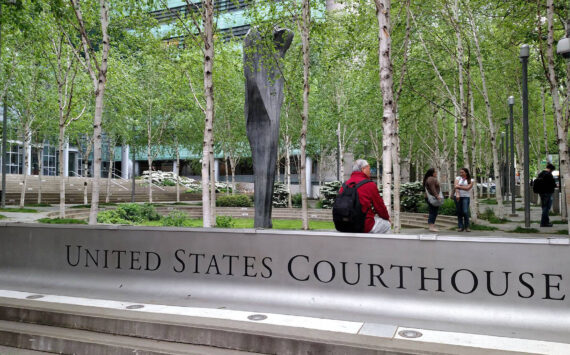Kshama Sawant and Tim Burgess don’t always get along. One is a firebrand socialist who wants to flip the system. The other is a good governance moderate who wants to perfect it. Each serves as the other’s punchline in stump speeches.
Yet today Burgess lent his support to a budget amendment by Sawant that would raise an extra $2 million per year by eliminating a tax exemption on international investment management firms. Specifically, the change would eliminate a special, lower Business and Occupation tax rate the council passed in 2009. The tax rate on affected businesses would increase from 0.153 percent to 0.423 percent. As chair of the council’s budget committee, Burgess is in charge of synthesizing the mayor’s budget draft with requested changes from councilmembers. Today, he incorporated Sawant’s tax change—one of many, many requested changes from councilmembers—into his synthesis draft.
In a press release, Sawant connected the tax change to class struggle, calling it “corporate welfare.” “It’s outrageous that wealthy companies doing international investing in Seattle pay a lower tax rate than a small independent coffee shop,” she said. “They get a tax break while people sleep on our streets.”
But Burgess supports closing it as a tweak to the existing tax framework. “I think the B&O tax thing that Kshama proposed has broad support on the council,” he says. Burgess was one of the council members who in 2009 voted unanimously to approve the special tax rate on international investment managers. “It’s not as sinister as [critics] suggest,” he says. The 2009 reduced tax rate was passed in the context of an economic downturn, he says, and was an attempt to attract a specific large employer, Russell Investments, that was then actively considering whether to relocate to Seattle. “If that will move 3,000 jobs to Seattle,” he recalls thinking, “absolutely. And that’s what we did.”
Now that the local economy is hot again, incentivizing business is somewhat redundant. “I get the argument that it appears to the uninformed that we have granted some super discounted rate to a category of businesses,” Burgess says, but that’s wrong. The economy was bad in 2009, so attracting jobs was more important then. “I think the way things have gone since 2009, we’re fine eliminating that rate,” Burgess says.








